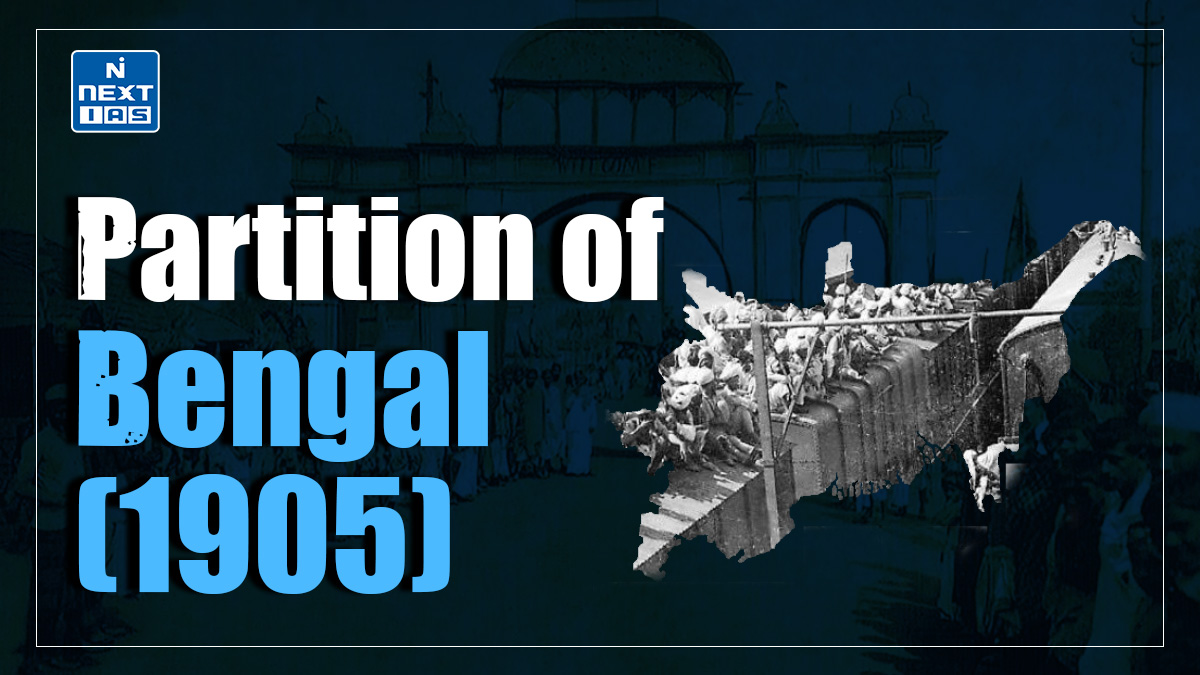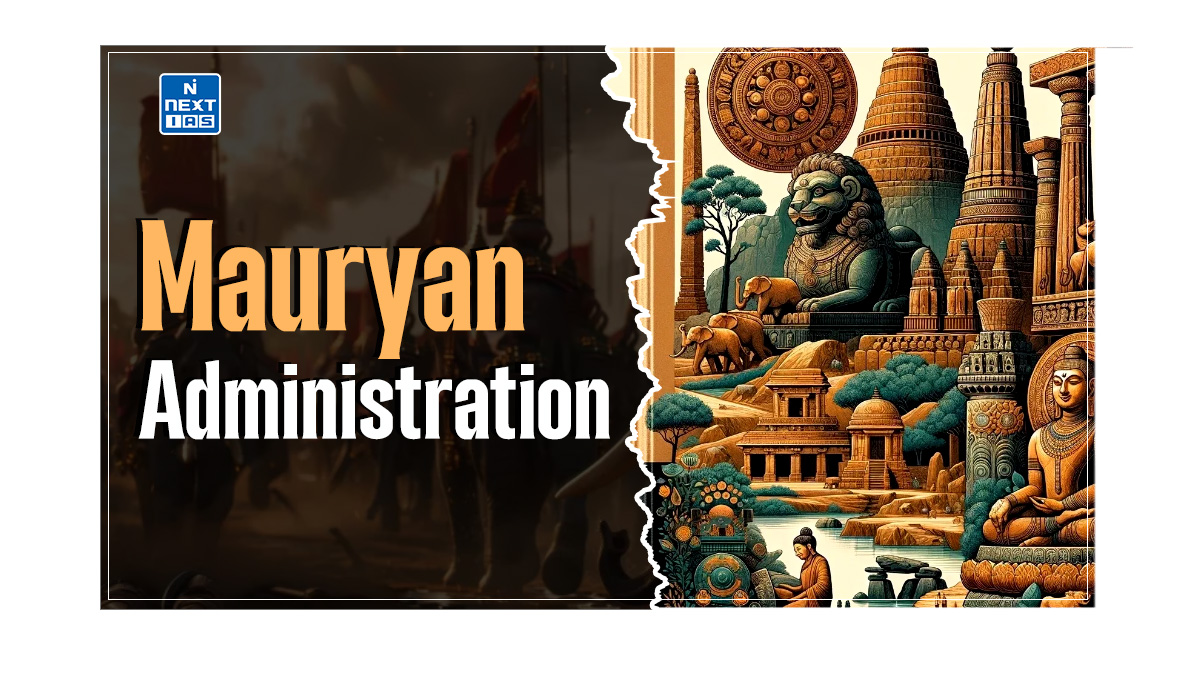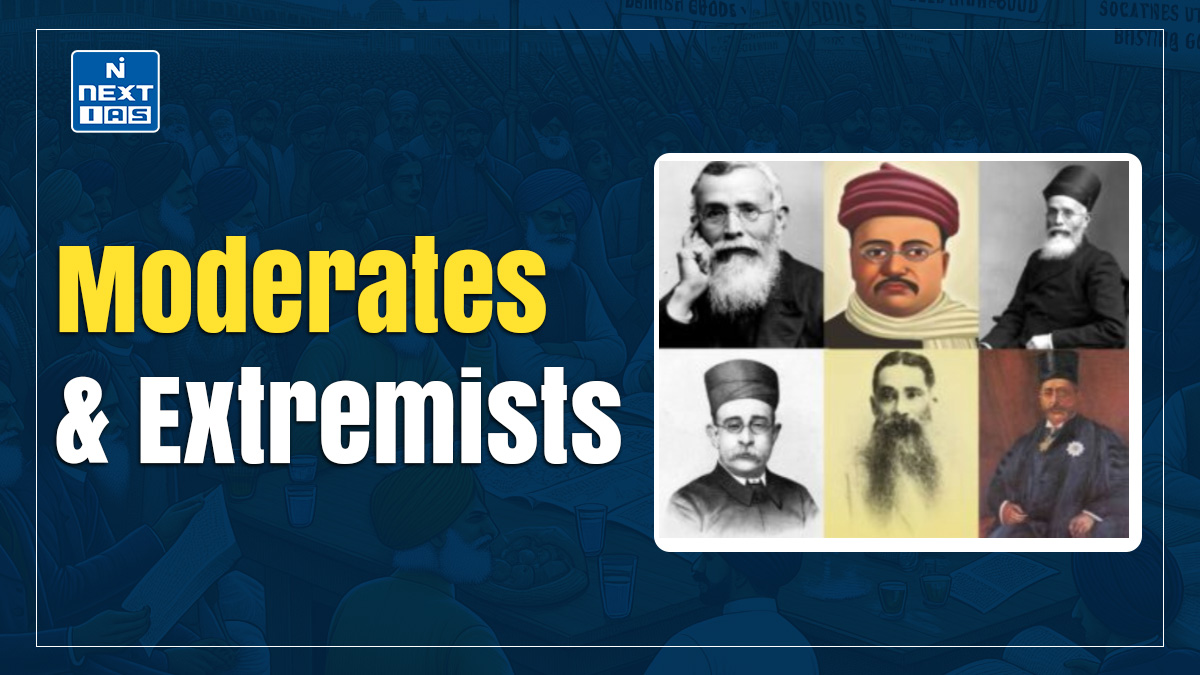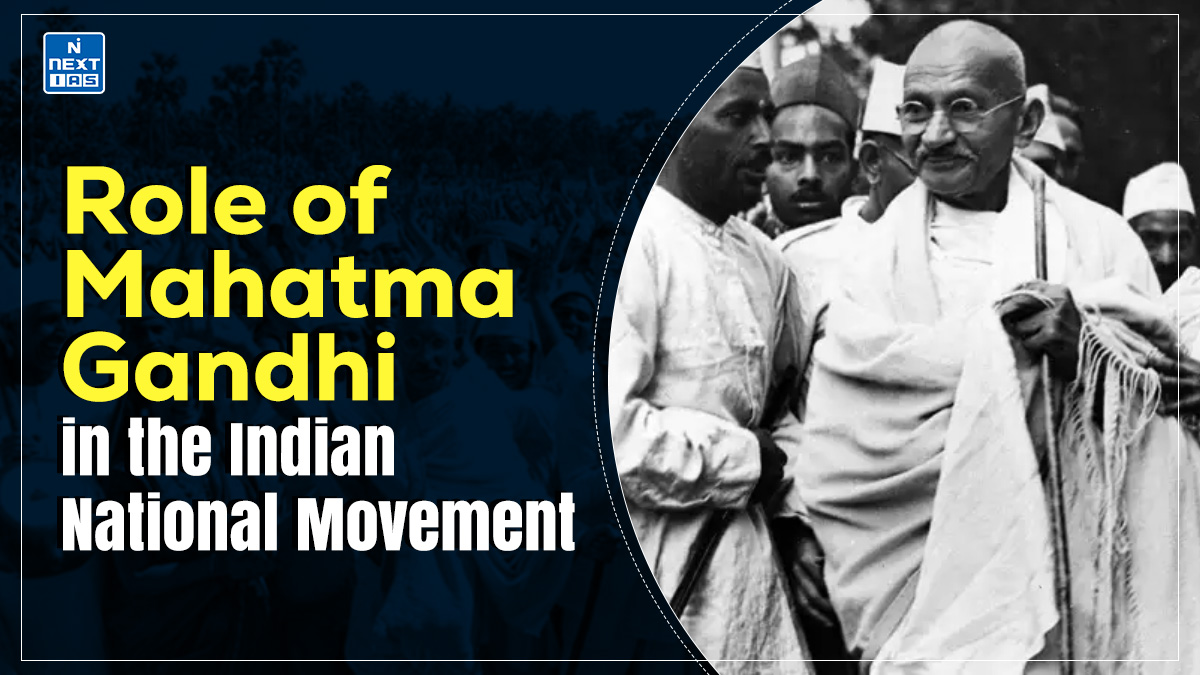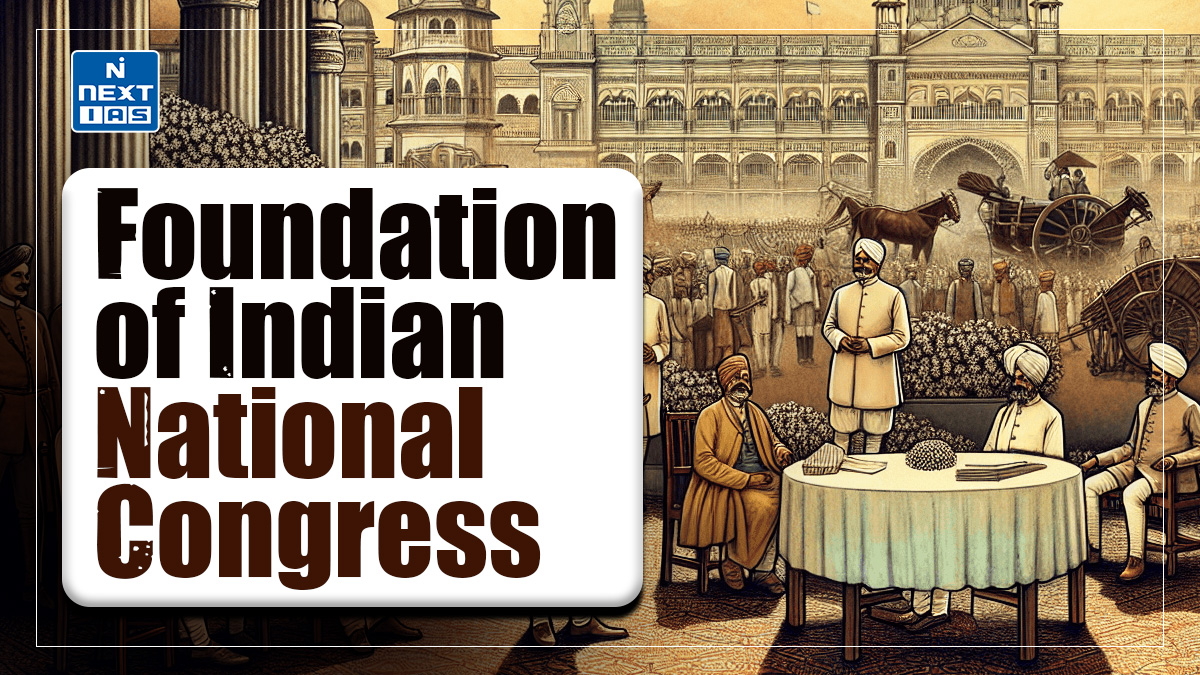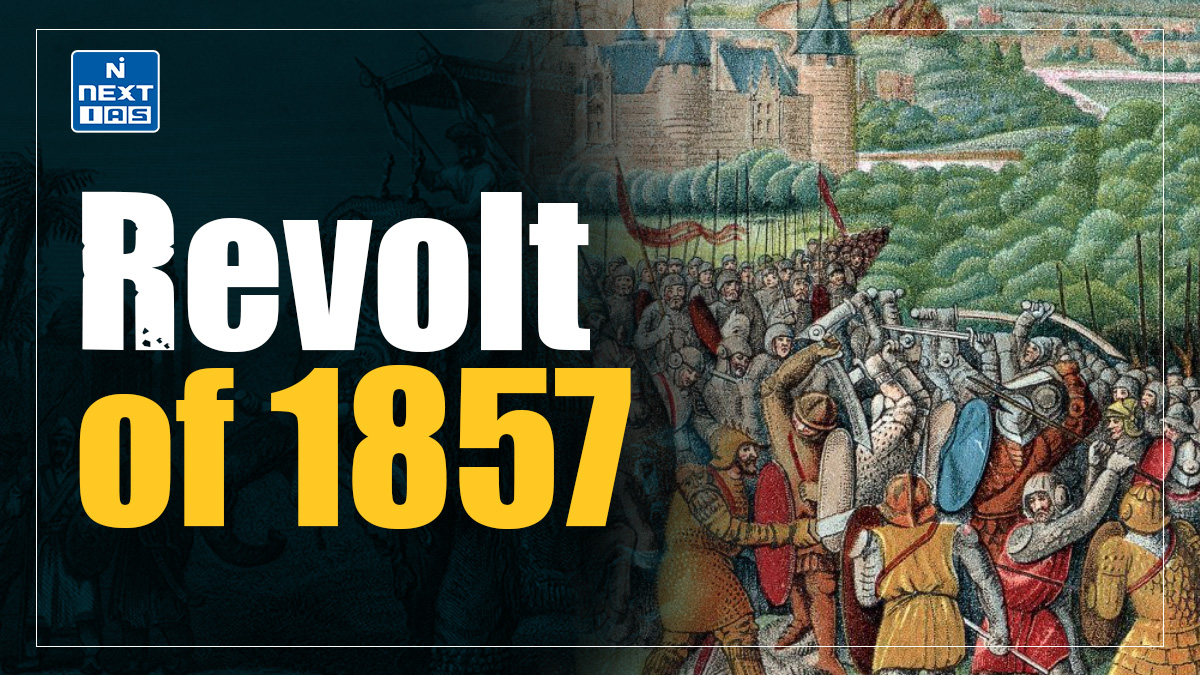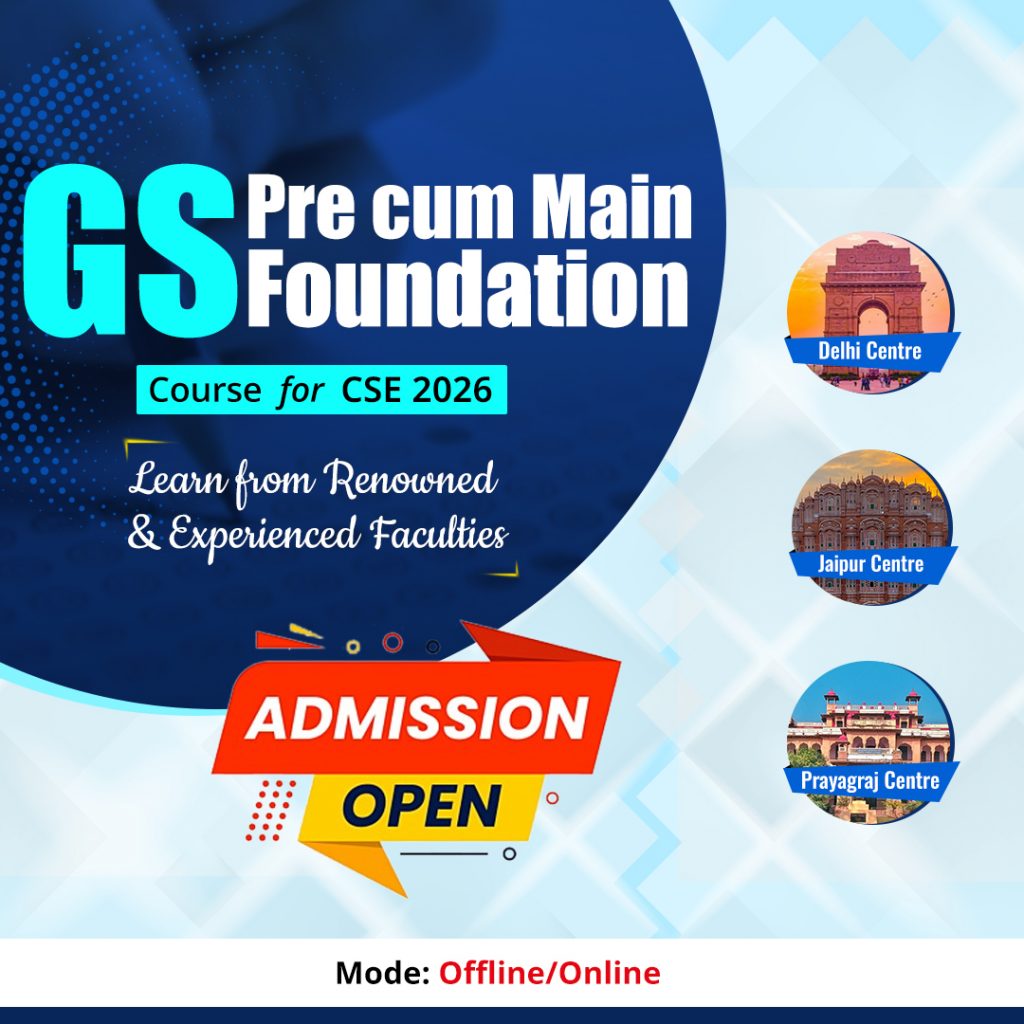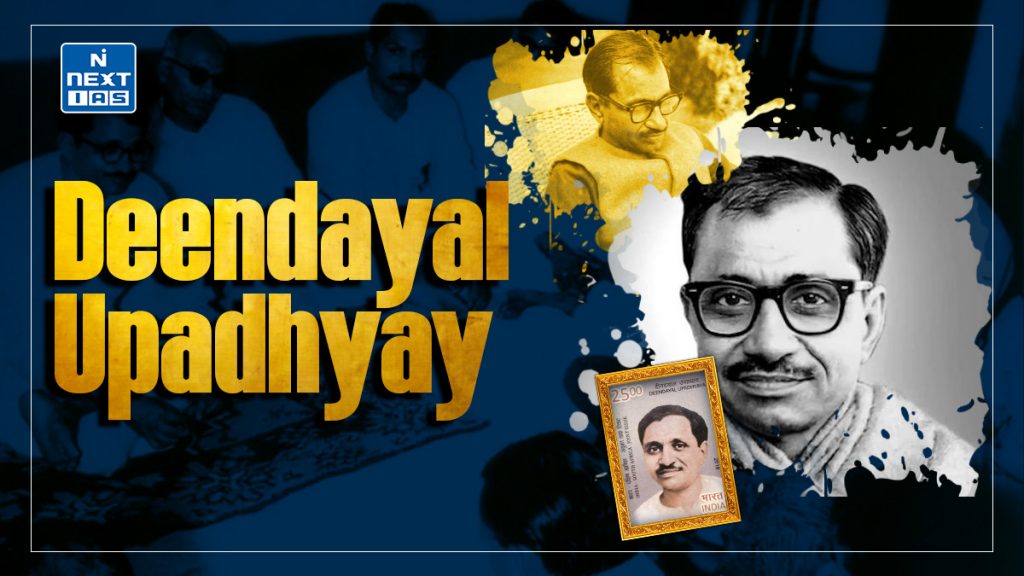
Pandit Deendayal Upadhyay was an Indian politician and thinker known as the architect of Integral Humanism, a philosophy emphasising holistic development rooted in India’s cultural ethos. His ideas continue to influence Indian politics, providing a framework for self-reliance and cultural nationalism. This article aims to study in detail the life, ideology, and contributions of Pandit Deendayal Upadhyay, along with his lasting impact on Indian society and politics.
About Deendayal Upadhyay
- Pandit Deendayal Upadhyay, born on 25th September 1916, was a prominent Indian politician and ideologue.
- A key leader of the Bharatiya Jana Sangh (BJS), he shaped Indian political thought.
- Tragically, his life was cut short when he was assassinated on 11th February 1968.
Early Life and Political Career of Deendayal Upadhyay
- Deendayal Upadhyay joined the Rashtriya Swayamsevak Sangh (RSS) in 1937, dedicating himself to the organisation’s vision of national service.
- When Shyama Prasad Mukherjee founded the Bharatiya Jana Sangh in 1951, the RSS seconded Upadhyay to strengthen the new political party.
- His organisational acumen led to his appointment as the General Secretary of the party’s Uttar Pradesh branch and later as the All-India General Secretary.
- After Mukherjee’s untimely demise in 1953, Upadhyay shouldered the responsibility of nurturing the fledgling BJS, transforming it into a significant political force.
- For 15 years, he served as its General Secretary, tirelessly working to expand its influence nationwide.
Ideology of Integral Humanism
- Deendayal Upadhyay is best known for formulating the philosophy of Integral Humanism, which the Bharatiya Jana Sangh adopted as its official doctrine.
- This ideology remains the guiding principle and is an integral part of humanism. It offered a middle path, rejecting both Western capitalist individualism and Marxist socialism while appreciating their merits and critiquing their excesses.
- Upadhyay emphasised an indigenous economic model that places human beings at the centre, integrating material and spiritual well-being.
- His philosophy was rooted in the Indian ethos of balance and harmony:
- He proposed the concept of ‘Ekatma Manavvad’ (Integral Humanism), which viewed humankind through four attributes:
- Body (Kama): Desire or satisfaction
- Mind (Artha): Wealth
- Intellect (Dharma): Moral duties
- Soul (Moksha): Liberation or salvation
- He proposed the concept of ‘Ekatma Manavvad’ (Integral Humanism), which viewed humankind through four attributes:
- Upadhyay argued that Western ideologies focused solely on material objectives like desire and wealth, neglecting moral and spiritual dimensions.
- He criticized capitalism and socialism’s reductionist tendencies and advocated for a holistic approach to human development.
Modernisation and Swaraj
- While Deendayal welcomed modern technology, he insisted it must be adapted to India’s unique socio-economic requirements.
- A strong advocate of Swaraj, he believed in self-reliance and a model of governance rooted in India’s cultural and civilisational values.
Social Initiatives and Community Engagement
- Beyond politics, Deendayal Upadhyay was deeply committed to social service and community development.
- His engagement with various social organisations and initiatives aimed at uplifting marginalised communities reflects his belief in a society where every individual has the opportunity to thrive.
Contributions of Deendayal Upadhyay to Indian Politics
- Strengthening Bharatiya Jana Sangh: Upadhyay was instrumental in establishing the BJS as a formidable opposition party.
- Ideological Legacy: Integral Humanism became a cornerstone of BJS policy and continues to shape its vision.
- It provides a framework for governance that emphasises cultural nationalism, economic self-reliance, and spiritual well-being.
- National Leadership: Deendayal Upadhyay was among the most influential opposition leaders post-independence.
- His unwavering dedication and strategic insight earned him respect across political and ideological lines.
Legacy of Deendayal Upadhyay
- Pandit Deendayal Upadhyay’s vision of Integral Humanism remains a relevant and compelling model for addressing contemporary challenges.
- By emphasizing harmony between material progress and spiritual values, he advocated a path that resonates deeply with India’s cultural ethos.
- His work not only enriched Indian political thought but also inspired generations to strive for a just, equitable, and self-reliant society.
Conclusion
Pandit Deendayal Upadhyay’s life and work exemplify a deep commitment to India’s cultural heritage and a visionary approach to politics. His philosophy of Integral Humanism continues to resonate in contemporary discourse, inspiring future generations to seek a balanced and inclusive path towards national development. As India navigates the complexities of modern governance, the principles laid down by Upadhyay serve as a guiding light, emphasising the importance of human dignity, ethical management, and a harmonious society.
GS - 1